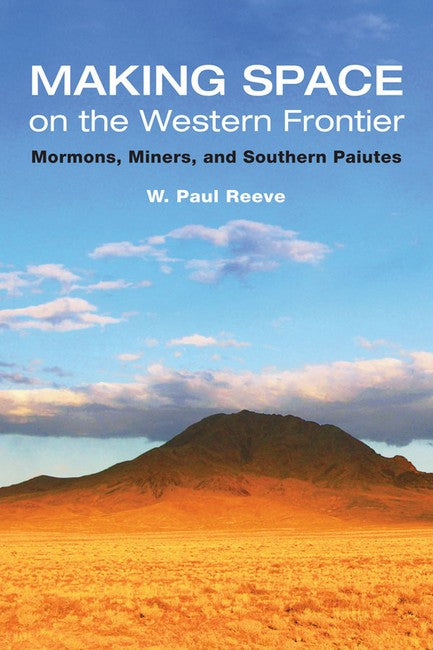When Mormon ranchers and Anglo-American miners moved into centuries-old Southern Paiute space during the last half of the nineteenth century, a clash of cultures quickly ensued. W. Paul Reeve explores the dynamic nature of that clash as each group attempted to create sacred space on the southern rim of the Great Basin according to three very different worldviews.With a promising discovery of silver at stake, the U.S. Congress intervened in an effort to shore up Nevada's mining frontier while simultaneously addressing both the Mormon Question and the Indian Problem. Even though federal officials redrew the Utah/Nevada/Arizona borders and created a reservation for the Southern Paiutes, the three groups continued to fashion their own space, independent of the new boundaries that attempted to keep them apart. When the dust on the southern rim of the Great Basin finally settled, a hierarchy of power emerged that disentangled the three groups according to prevailing standards of Americanism. As Reeve sees it, the frontier proved a bewildering mixing ground of peoples, places, and values that forced Mormons, miners, and Southern Paiutes to sort out their own identity and find new meaning in the mess.

